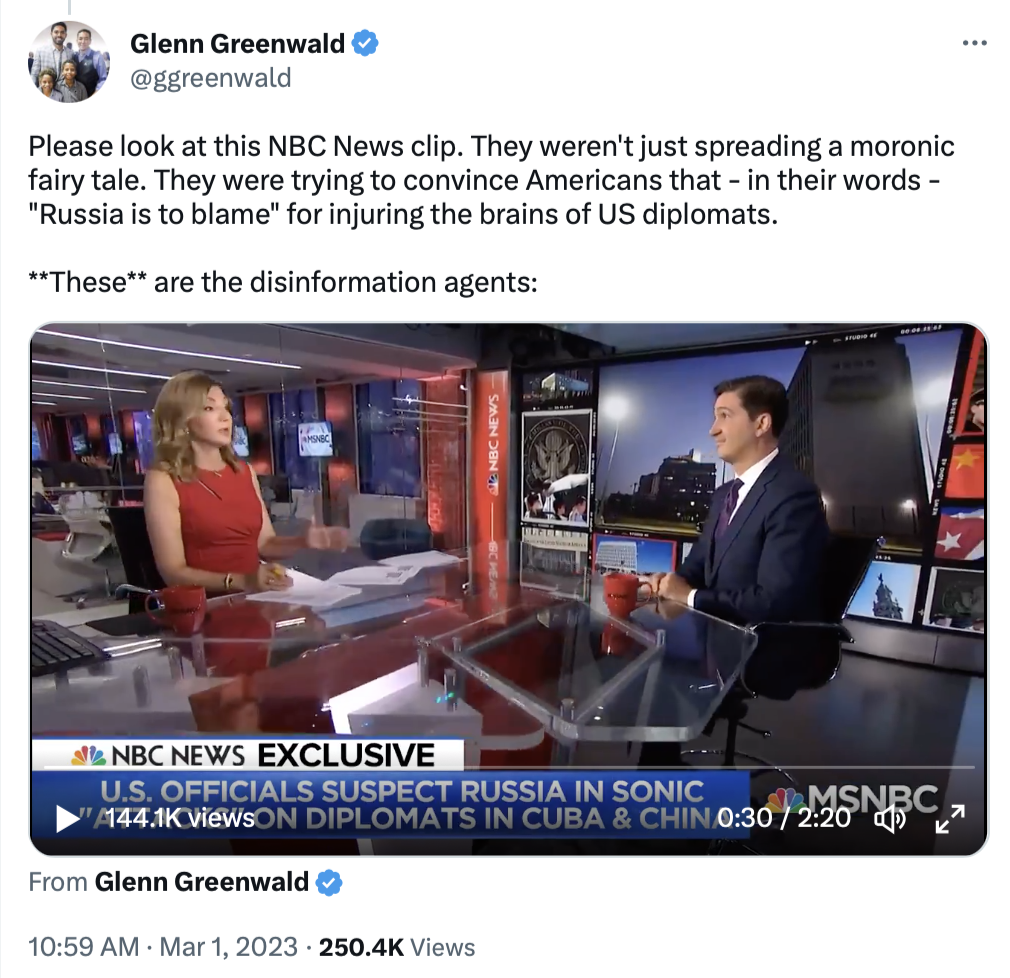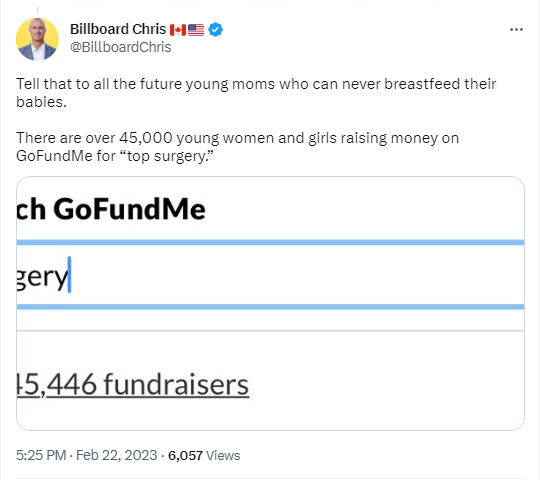During this conversation with Helen Joyce, Jordan Peterson explained by girls as so much more at risk of harm at the hands of those who peddle transgender ideology. I transcribed the following excerpt:
There's no difference between being self-conscious and being miserable, technically, but here's something else. Self-consciousness among females is much more associated with body dysmorphia. Now there's a bunch of reasons for that. We don't know all of them. But here's a couple. First of all, at puberty, women start to experience more negative emotion on average than men. And that is not true of boys and girls, but it does seem to kick in at puberty. And that's likely because you get size dimorphism developing. And so it's reasonable for women to be a little bit more timid about the physical environment than men. But also women are sexually vulnerable. And also, they have to care for infants. So being threat-sensitive, makes sense, okay? And in any case, those are three possible reasons, but it definitely kicks in at puberty.
Now, it also is the case that anxiety among women tends to take the form of bodily self-consciousness. And I think the reason for that is likely--this is a speculation, although the others are merely observable facts--it's likely because girls and women are judged more comprehensively on their physical appearance than men. So it makes sense that if they're going to be self-conscious, it's going to be more broadly focused. And that's particularly rough. Then the third contributing factor is girls hit puberty earlier than boys. So now what you have is a perfect storm there.
So now you have a girl. And she's feeling a lot more anxious and confused than she did before, because she hit puberty. Plus, her body is doing 50 weird things. Plus, she's getting all sorts of strange attention from adults that she never got before. Plus, she doesn't know how to fit in on the social front. And she's trying to make that transition from childhood to adulthood. And then you have people additionally torturing them about the fact that any deviation from the norm on the stereotypical front is actually an indication that she doesn't exist in the correct body while she doesn't really feel like she's in the correct body to begin with. So it's a perfect storm for young girls.
When Canada came out with its compelled pronoun law 2016, I talked to the Canadian Senate, I said, you idiots, in your legislation, you think you're going to free up kids? You're going to produce a psychogenic epidemic among young women, because they're preferentially susceptible to psychogenic epidemics, which is why we had a bulimia epidemic and an anorexia epidemic, all of which were spread by social media--and a cutting epidemic. And then there's a history of such epidemics going back 300 years: Freudian hysteria, which was very widespread in the Victorian times, although disappeared afterwards, or mutated, was also a psychogenic epidemic that preferentially affected young women.
So I just wanted to lay out some of the reasons why that's the case, higher levels of negative emotion, and more broadly focused self-consciousness. And so then you add to that a kind of unpopularity, because maybe a given girl isn't that sophisticated at manifesting--what would you call it? Socially acceptable feminine traits. It takes a fair bit of sophistication to be a well put-together woman and you're going to be pretty damned awkward at that if you're kind of a clunky tomboy when you're 12.
So now you're providing them with, first of all, a uni-dimensional reason why they're miserable. It's pretty damned convenient. And no wonder an adolescent wants that. It's like, do I have 50 problems? Or do I have one? And then you also entice them with the additional social status that they're going to receive by announcing that they're special, and having every bloody teacher in the entire world--plus the world at large--focus on that narcissistic grandiosity that goes along with the insistence of a special identity. And the only price you have to pay is enforced sterilization and surgical mutilation. Fine deal for our teenagers!
I think there are another couple of things about teenage girls that we don't pay as much attention to but the very fact of physical development in teenage girls means your body is sort of ballooning. You know, breasts here, hips here, bottom there. And you lose that sort of gender-neutral body that gives you so much freedom in childhood. And so what girls experience in puberty is moving from being a free kind of person into being an object because to some, her body is public property. And as you say, it's commented on. Everyone has a right to comment on it. She may, you know, she'll get comments in the street. She'll look all around her and become aware of the objectification of women throughout society.
Now, I think this is happening to boys much more that over the past decade in kind of, certainly objectification of the male body, and in some cases, kind of sexual objectification of men. And this generation are used to seeing those really exaggerated images of femininity so the feminine female heroes have huge breasts and tiny waist and-Kim Kardashian. And the male heroes have a ripped six pack . . . it's all about how you look. So it's happening more for men, and interestingly, boys experiences of things like anorexia have increased, but not as much as girls….



